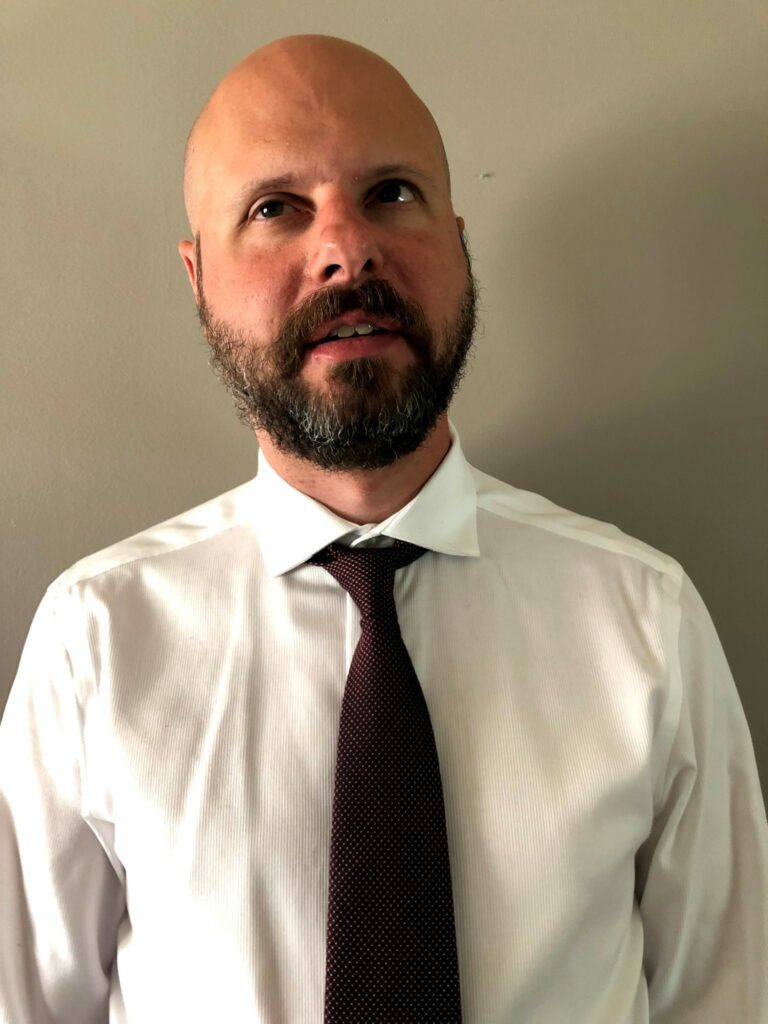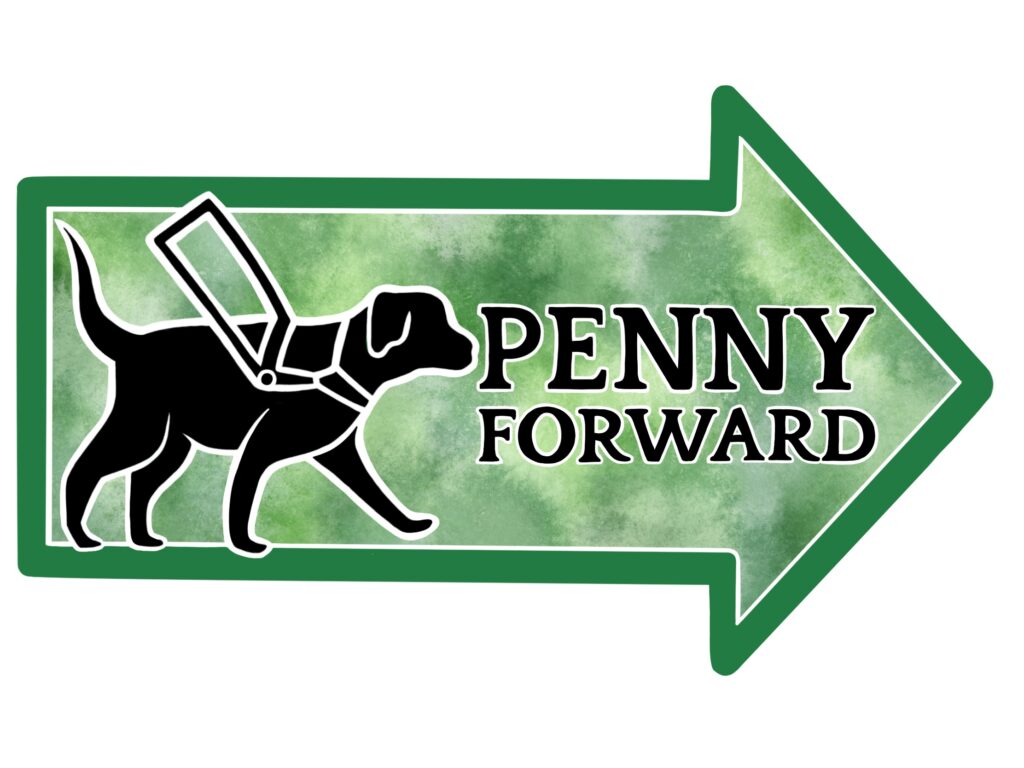This content is also available in:
Español (Spanish)
Lisa Lloyd has plenty of personal experience with blindness and low vision. She has retinitis pigmentosa that causes her night blindness, and within her family there are 16 people across five generations with some level of blindness or low vision, including one of her daughters and her father, who are both blind.
She’s a volunteer with Society for the Blind’s CareerPLUS program in Sacramento, Calif., which helps educate people about available resources and disability rights. One of the topics that came up was financial literacy and financial abuse – and Lisa was surprised to learn it was a common theme among the students she works with, who range in age from 15 to 22.
“People are always worried about online scams, but you never think about the fact that it can happen within your family,” Lisa says. “Some students shared experiences of parental financial abuse – learning they already owed a lot of money to the government, because their parents opened accounts in their name or didn’t identify their true income when applying for social services. I discovered it’s more common among young people with vision loss, and that hit me pretty hard.”
It hit even closer to home, literally, when Lisa learned that two family members were financially abusing her father. Lisa shared that one family member was getting extra cash every time she bought groceries using one of his credit cards – and even bought a car without his knowledge – and another family member was using his credit cards to make unauthorized purchases totaling about $500 per month.
Lisa’s father, who is 81 and still works as an attorney, calls his bank daily to check his balance and stay on top of his finances. But he didn’t always check every credit card as consistently, so when he checked in with his credit union, he found that thousands of dollars were missing.
“We learned this had been going on for years, so we had a family intervention,” Lisa says. “It was not easy because it was all in the family. But it was a game-changer when they realized that my husband and I – and my dad’s office staff – were now aware and watching the situation.”
Preventing abuses of trust
Lisa and her husband helped her father secure his finances in a number of ways. They bought him a safe to store his trust documents, credit cards, wallet, and sensitive information. Many safes use fingerprint technology, making it simpler for someone who is blind or low vision to operate. She recommends other safeguards, such as changing your passwords every three months and using two-factor authentication on accounts, which sends an email or text to verify you’re the person authorized to access the account. Another great strategy for people who are blind or low vision is to save all their passwords in a Braille document, because only someone else who is blind can read it.
Other tips from Lisa include adding customer service phone numbers for all financial accounts to your loved one’s cell phone and using automatic bill pay services. Because her father still likes to use cash, Lisa recommends a free tool available from the U.S. Bureau of Engraving & Printing for people who are blind or low vision that reads paper currency. There’s also an app for Apple devices called LookTel Money Reader that reads currencies from multiple countries.
Having learned the hard way, Lisa is actively teaching both of her teenage daughters, one of which is sighted, about financial literacy to make sure they’re both prepared to be smart with their money.
Finding helpful resources
Education in financial literacy is a key to independence – which is why resources like Penny Forward can be invaluable. Founder, President and CEO Chris Peterson was born blind. When he began saving and investing for himself and his family, he developed an interest in helping others learn how to manage these processes themselves.
 Chris Peterson
Chris Peterson
In 2020, he launched a website, blog, and podcast, and after consulting with others decided to establish Penny Forward as a nonprofit organization the following year. In 2022, he launched a membership service that costs $9 a month or $99 per year, which supports the fledgling operation, which is essentially volunteer run at this point.
“I wanted to create a one-stop shop for people who are blind or deafblind, as well as their family members,” Chris says. “You don’t have to be blind to use our services. We just want to make sure people who are blind or deafblind can access them.”

A worthwhile investment in financial literacy
Some free information is available on the Penny Forward site, and there always will be. But members can access a broad range of self-paced online courses, live group coaching sessions, which Chris calls “group chats,” and other resources ranging from tips on avoiding financial fraud to setting up accounts family members can use to assist a child or loved one who needs extra assistance. There’s a broad array of available resources, and Penny Forward can help people find them.
“During these group chats we may teach a specific topic or give people a chance to talk about what’s on their mind and try to help them make good financial decisions,” he explains. “We also offer one-on-one financial counseling – such as helping people get their personal finances in order, build a budget, figure out how to pay down credit card debt, or learn what’s involved in buying a home.”
Membership provides other benefits, such as early access to podcasts, recordings of past online courses, and a weekly newsletter featuring financial news and updates on upcoming Penny Forward events. What’s more, the site isn’t just about finances. It’s a forum where people can get information such as how to use streaming services with audio description.
“We’re not selling a get-rich-quick scheme – we really believe that building a bright future is a long, slow process,” Chris says. “It’s something just about anyone can do, and we’re here to help them do it.”
Learn more: